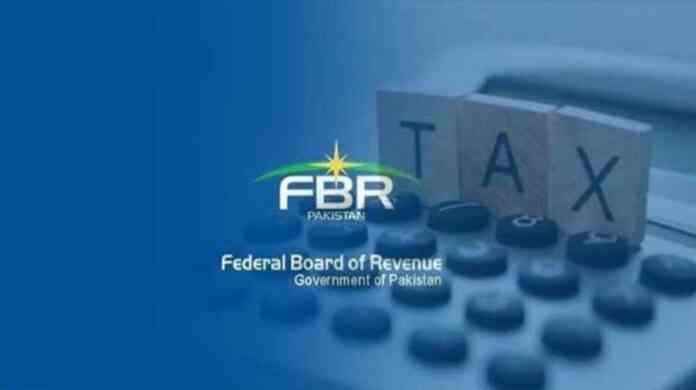Karachi, June 24, 2025 – The Federal Board of Revenue (FBR) has successfully recovered a substantial amount of Rs53 billion during the tax year 2024 through the automatic closure of income tax audits, under a special provision of the Income Tax Ordinance, 2001.
According to official figures obtained by PkRevenue, this amount was collected under Section 214E of the Ordinance, which deals specifically with the closure of audits selected under the now-omitted Section 214D. The scheme allows taxpayers to bring pending audits to a close automatically, subject to specific conditions. In comparison, FBR had managed to collect Rs68 billion through the same mechanism during the previous tax year.
Section 214E enables the closure of tax audits that were initiated through the automatic selection process under the repealed Section 214D, provided certain criteria are met. These include: the taxpayer being selected for audit, the absence of a notice under Section 122, and a voluntary revision of the return along with the payment of an additional 25% tax. In cases where no tax was payable, a payment of 2% of turnover or applicable penalties was required.
Importantly, FBR clarified that these conditions do not apply to individuals whose income comprises solely of salary or income subject to final taxation, such as those governed under Sections 5 to 7B. This distinction ensures that only specific categories of taxpayers benefit from the automatic closure relief.
The law further stipulates that while audits under Section 214D may be closed automatically, those initiated based on “definite information” or under Section 177 or 214C will proceed as per normal procedure. This preserves FBR’s authority to conduct risk-based and information-driven audits.
The prescribed procedures under this mechanism also include the option for the FBR to accept the declared income of the taxpayer, subject to specific compliance conditions.
This Rs53 billion recovery not only reflects a major win for the FBR in clearing backlog audits, but also supports its broader strategy of improving compliance through policy facilitation rather than aggressive enforcement alone. The closure option has been welcomed by many taxpayers as a way to resolve old audit cases amicably and efficiently.
